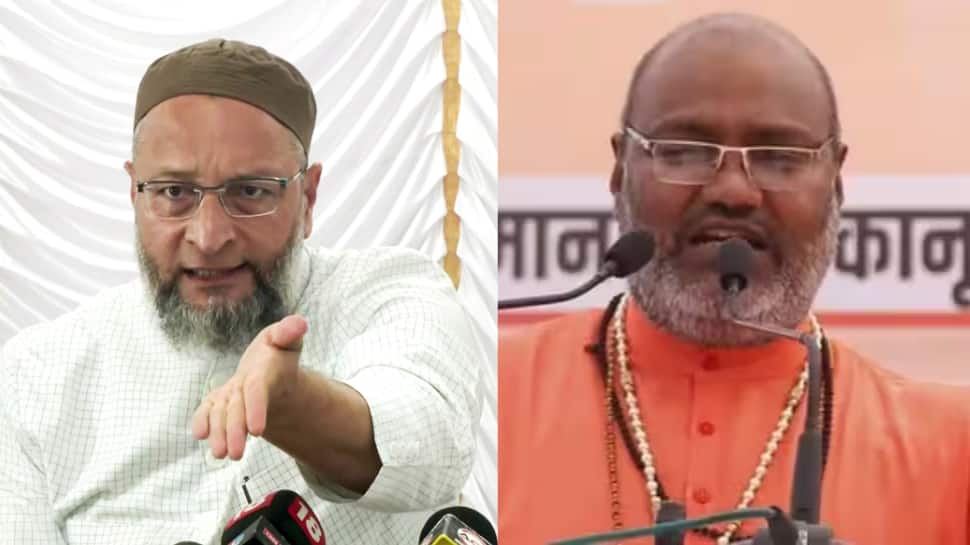 |
|
Yati Narsinghanand, a controversial Hindu priest from Ghaziabad, has found himself at the center of a storm after allegedly making inflammatory remarks against Prophet Muhammad. These remarks, which have ignited widespread condemnation and protests, have led to criminal charges against him, highlighting the sensitive nature of religious discourse in India. The incident has once again brought to the fore the challenges of balancing freedom of speech with the need to prevent religious incitement and maintain social harmony.
Narsinghanand, the chief priest of the Dasna Devi temple, is known for his controversial pronouncements and has a history of legal troubles. He has previously been incarcerated for delivering hate speech and was released on bail under the condition that he refrain from making similar inflammatory statements. However, recent events suggest that he has disregarded this condition, leading to renewed outrage and calls for his prosecution.
Following the dissemination of his contentious remarks online, a crowd gathered outside the Dasna Devi temple on Friday night. While the police quickly dispersed the gathering and heightened security around the temple, the incident serves as a reminder of the volatile situation created by Narsinghanand's actions. Further protests erupted in Amravati, Maharashtra, where his comments sparked violent demonstrations that resulted in injuries to 21 police officers and damage to 10 police vans.
The gravity of the situation has prompted multiple state authorities to take action. Complaints against Narsinghanand have been filed in Telangana and Maharashtra, with FIRs registered against him for his remarks against Prophet Muhammad. The Jamiat Ulama-i-Hind, a prominent Muslim organization, has demanded his immediate arrest, arguing that merely filing FIRs is insufficient to address the severity of the situation. The organisation has described the remarks as ‘intolerable blasphemous’, underscoring the deep offense caused by Narsinghanand's actions within the Muslim community.
The incident has also sparked debate regarding the limits of freedom of speech and the responsibility of individuals to refrain from making incendiary statements that could incite violence or hatred. While the right to express oneself is a fundamental principle, it is not absolute. Narsinghanand's case raises crucial questions about the balance between free speech and the need to protect religious harmony and prevent the spread of hate speech. The authorities, in their response to this incident, will be under scrutiny to demonstrate their commitment to upholding the rule of law and ensuring the safety and security of all citizens.
The events surrounding Yati Narsinghanand's hate speech serve as a stark reminder of the potential consequences of inflammatory rhetoric and the importance of fostering a society that respects diversity and promotes peaceful coexistence. The incident highlights the need for a concerted effort to address the root causes of religious intolerance and to promote a culture of dialogue, understanding, and mutual respect.
